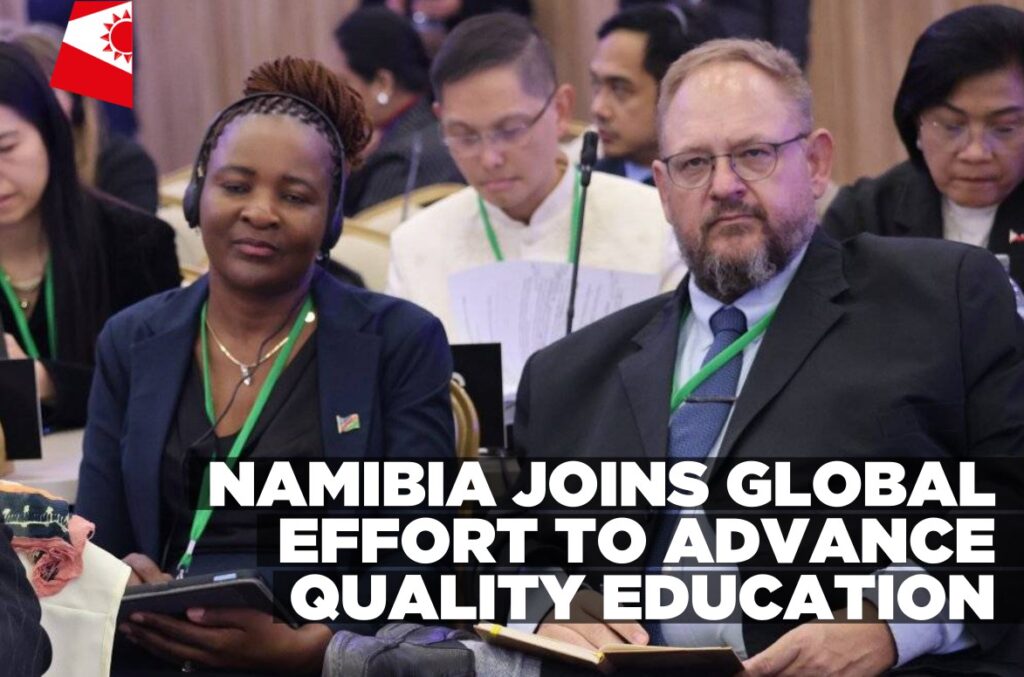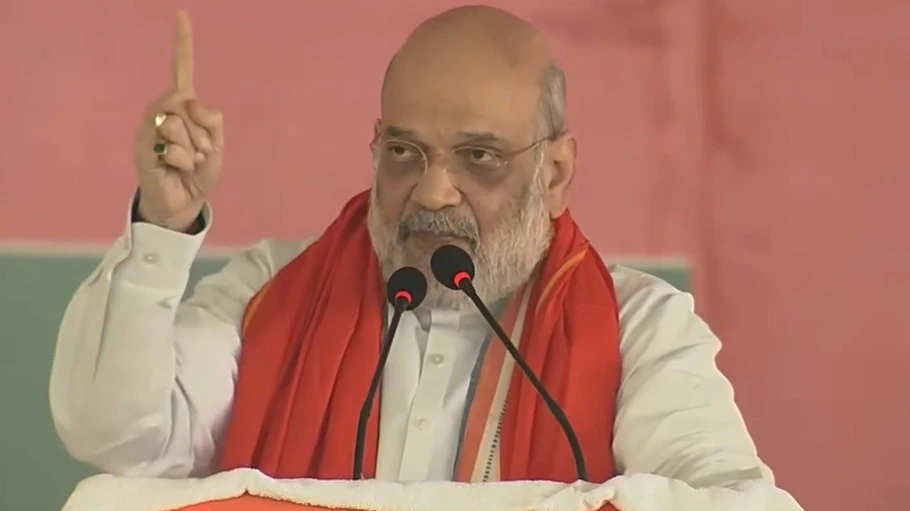Copyright web

Staff Reporter NAMIBIA joined ministers of education and senior policymakers from across the world for the opening sessions of the Education Commission at the 43rd Session of the United Nations Educational, Scientific and Cultural Organisation (UNESCO) General Conference in Samarkand, Uzbekistan. The General Conference, taking place in Samarkand from 30 October to 13 November 2025, brings together global education leaders to review progress toward Sustainable Development Goal 4 (SDG4) — ensuring inclusive and equitable quality education for all. The Education Commission is meeting from 31 October to 4 November to deliberate on key policy priorities and challenges. The first session opened with a Ministerial Dialogue under the theme “Learning Today, Leading Tomorrow”, addressing one of the world’s most urgent questions: how can young people be prepared to lead inclusive and sustainable futures in a world shaped by conflict, climate change, technological disruption, and deepening inequalities? Ministers and delegates reflected on the need for education systems to evolve in response to global realities, equipping learners with the skills and values required to build cohesive, forward-looking societies. In a stark reminder of existing challenges, it was said that over 250 million children remain excluded from education worldwide. One analogy highlighted that to close this gap by 2030, at least two children would need to be enrolled in school every second, every day. Delegates emphasised that early childhood education, foundational literacy and numeracy, and strengthened technical and vocational training are essential for enabling learners to adapt to shifting economic and social demands. Samarkand, the historic crossroads of trade, scholarship, and culture along the Silk Roads, was described as a fitting venue for this global dialogue. The city, much like UNESCO itself, stands as a symbol of humanity’s shared pursuit of knowledge, innovation, and collaboration. The second session of the Education Commission focused on “Higher Education in Emergencies: Unlocking Potential and Rebuilding Futures.” The session underscored the role of universities in crisis response, particularly in rebuilding futures, restoring hope, and providing stability for young people affected by conflict and displacement. Discussions reaffirmed commitments made during the Transforming Education Summit and aligned with the goals of the forthcoming Summit of the Future. Delegates highlighted that education — as a renewed social contract — must prioritise diversified skills development and harness digital innovation through global partnerships to seize the opportunities of the Fourth Industrial Revolution. Speakers also stressed the growing need for soft skills, empathy, and emotional intelligence, noting that societies risk losing these human values if they are not intentionally taught and practised. In the context of UNESCO’s Priority Africa framework, discussions focused on foundational literacy, numeracy, green skills, and social skills. Participants explored how to leverage Africa’s demographic advantage to ensure digitalisation benefits the continent’s youth while balancing technological advancement with human creativity. Research presented by Norway indicated that increased investment in physical textbooks and reduced screen time could help mitigate poor mental health outcomes among learners. Delegates also agreed that early childhood education remains one of the most critical stages in shaping children’s lifelong learning outcomes. Technical and Vocational Education and Training (TVET) was reaffirmed as essential for reforming education systems, improving youth employability, and strengthening economic resilience. Namibia reaffirmed its commitment to diversifying skills development, fostering international partnerships, and leveraging innovation to promote equitable access to quality education. The Namibian delegation also welcomed UNESCO’s ongoing initiatives — including the Global Skills Academy, the Greening Education Partnership, the Digital Transformation Collaborative, and the AI and Digital Competencies Framework — which aim to build resilient education systems and prepare learners for a rapidly changing world. Photo: Ministry of Education Innovation, Youth, Sports, Arts and Culture



